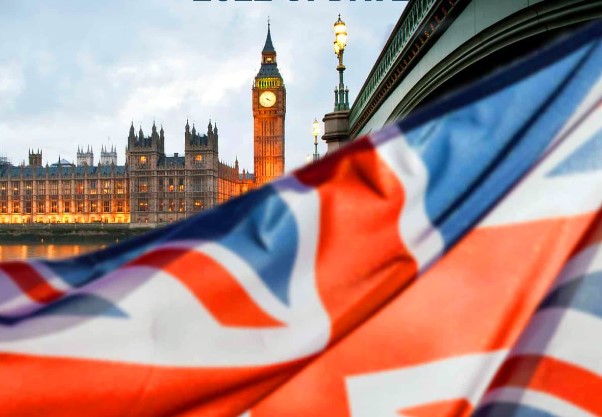
The Gambling Commission
The United Kingdom Gambling Commission (UKGC) is the regulatory body responsible for overseeing and regulating all forms of gambling in the United Kingdom. Established in 2005 under the Gambling Act, the UKGC’s primary objective is to protect consumers and ensure that gambling is conducted fairly and openly.
The UKGC is an independent non-departmental public body (NDPB) sponsored by the Department for Digital, Culture, Media and Sport (DCMS). The commission’s role is to issue licenses to operators, approve technical standards, and enforce regulations. They also have the power to investigate and take enforcement action against operators who do not comply with the rules.
The UKGC’s responsibilities include monitoring and regulating all forms of gambling, from casinos and sports betting to lotteries and online gambling. This includes ensuring that operators are transparent and fair in their dealings with customers, that they protect vulnerable individuals, and that they prevent criminal activity.
To achieve its objectives, the UKGC sets standards for operators to follow, which includes requiring them to have measures in place to prevent problem gambling and to provide access to self-exclusion tools. The commission also ensures that operators contribute to research, education, and treatment programs for gambling-related harm.
The UKGC’s regulations are some of the strictest in the world, and they have the power to impose substantial fines on operators who breach their rules. As a result, the UKGC has become a model for other countries looking to regulate their gambling industries.
In summary, the UKGC is the regulatory body responsible for ensuring that all forms of gambling in the UK are conducted in a fair and transparent manner. They have the power to investigate and take enforcement action against operators who do not comply with their rules, and they set standards for operators to follow to ensure that they protect consumers and prevent problem gambling.
What is Mandatory for Licensees?
The UK Gambling Commission (UKGC) is responsible for regulating and supervising the gambling industry in Great Britain. The UKGC’s main objective is to protect players and ensure that gambling is conducted in a fair and open way. In order to obtain and maintain a UKGC license, operators must meet a number of mandatory requirements.
One of the most important requirements is that operators must have effective policies and procedures in place to prevent problem gambling. This includes monitoring customer behavior, offering self-exclusion options, and providing information about responsible gambling.
Operators must also adhere to strict technical standards to ensure that their games are fair and that the outcomes are truly random. This includes regular testing of software and equipment by independent testing agencies.
Another key requirement is that operators must be financially stable and able to cover all player deposits and winnings. This is to ensure that players are protected in the event that an operator goes out of business.
To obtain a UKGC license, operators must also undergo a thorough vetting process, which includes background checks on the individuals behind the company. This is to ensure that only reputable individuals and companies are allowed to operate in the industry.
Once a license is obtained, operators must continue to meet these requirements in order to maintain their license. The UKGC has the power to revoke licenses if operators fail to comply with these requirements or engage in any illegal or unethical practices.
Overall, the measures implemented by the UKGC are designed to protect players and ensure that gambling is conducted in a fair and open way. By obtaining and maintaining a UKGC license, operators are able to provide a safe and enjoyable gambling experience to their customers while also contributing to the overall health and sustainability of the industry.



